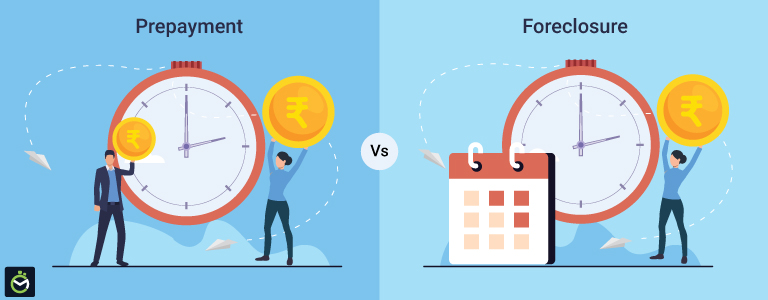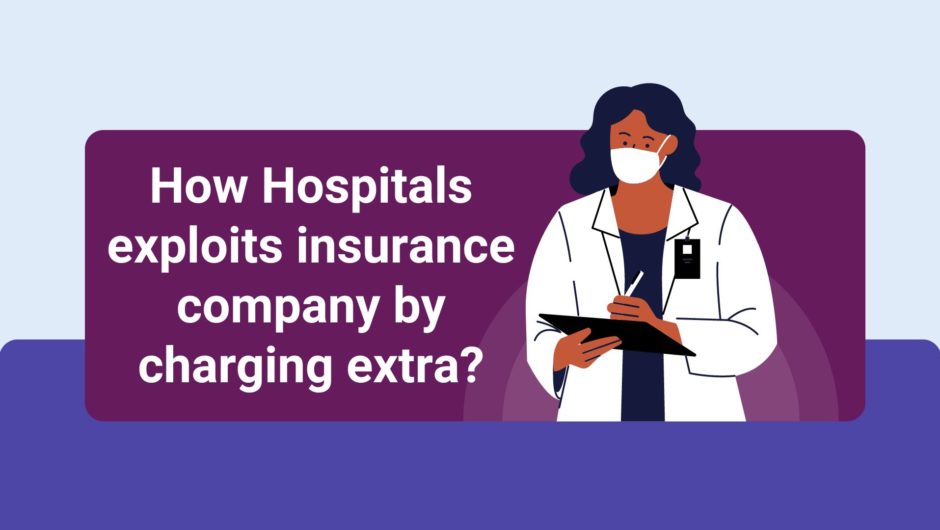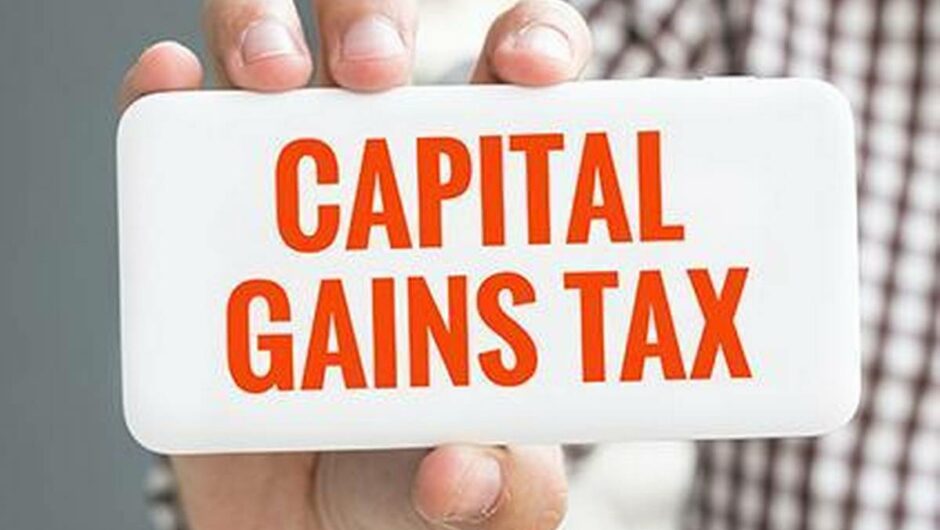Loan foreclosure refers to settling a loan or closing a loan before its due date. You can foreclose a loan by paying in a lump sum the total due amount when you have some surplus funds and no longer wish to pay interest charges. But loan foreclosure is possible only after you have paid a certain number of instalments as specified by your lender. Several lenders impose a one-year lock-in period before allowing borrowers to foreclose or prepay their loans.
How to Foreclose Your Loan?
Foreclosure of a loan is a good option when you wish to be debt-free and have adequate funds to repay. This will help you to reduce your interest liability and close your loan account well before its tenure. You will, however, need to inform your lender about your decision to foreclose a loan.
The lender will then determine the foreclosure balance after considering the total outstanding amount, the interest paid, the remaining term of the loan. You can cross-check the amount quoted by the lender and if satisfied, make the payment for the closure.
Once you foreclose your loan, take back your documents, get a no-dues certificate or any other document proving that the loan has been closed.
Foreclosure vs Prepayment
You may confuse between foreclosure and prepayment. They differ in the sense that while foreclosure means complete closure of your loan account, prepayment means repayment of the loan either in part or full before the end of the loan tenure.
Prepayment of a loan reduces the total outstanding principal and thereby the interest liability also. You can either go for a reduction in the EMI amount or continue with the same EMI amount while reducing the tenure of the loan.
Things to Check Before Foreclosure
Before you decide to foreclose your loan, check the features and the terms and conditions attached to your loan. Here are some things to check before you apply for a personal loan:
- Does your lender allow you to foreclose your loan?
- Is there a lock-in period during which you cannot pre-close your loan?
- Does the lender charge a fee for pre-closure of your personal loan and if yes, how much? In India, no foreclosure or prepayment penalty charges can be levied by landers on floating interest rate loans given to individual borrowers for purposes other than business. So do check the terms for the inclusion of any prepayment penalties.
- Ensure that the prepayment charges are not higher than the reduction in the interest charges.
Benefits of Foreclosure and Prepayments
Once you have foreclosed your loan, you are going to benefit in several ways:
- Your overall interest liability gets reduced.
- Your credit score gets improved since it is a reflection of your repayment history.
- Foreclosure or prepayment will be eligible for consideration for tax rebate calculations. But ensure that your prepayment amount is eligible for tax benefits.
- Prepayments may help you reduce the tenure of the loan and thus allow you to become debt-free earlier than expected.
- Pre-payments can be made any number of times. So you can use your surplus funds to reduce your personal loan amount whenever possible. However, go for this option only when the reduction in debt servicing cost is higher than the interest you would have earned by investing the surplus funds in any other instrument.

Hey, this is Johny Sehgal. I am the owner and caretaker at Finance Jungle. I completed my education in BSC and now heading towards the digital marketing industry. I usually have interests in reading, playing games and watching movies. I also love to write content based on quality information. The main motive of mine is to provide the top and best quality information to my readers. Finance Jungle is the blog for the same.












